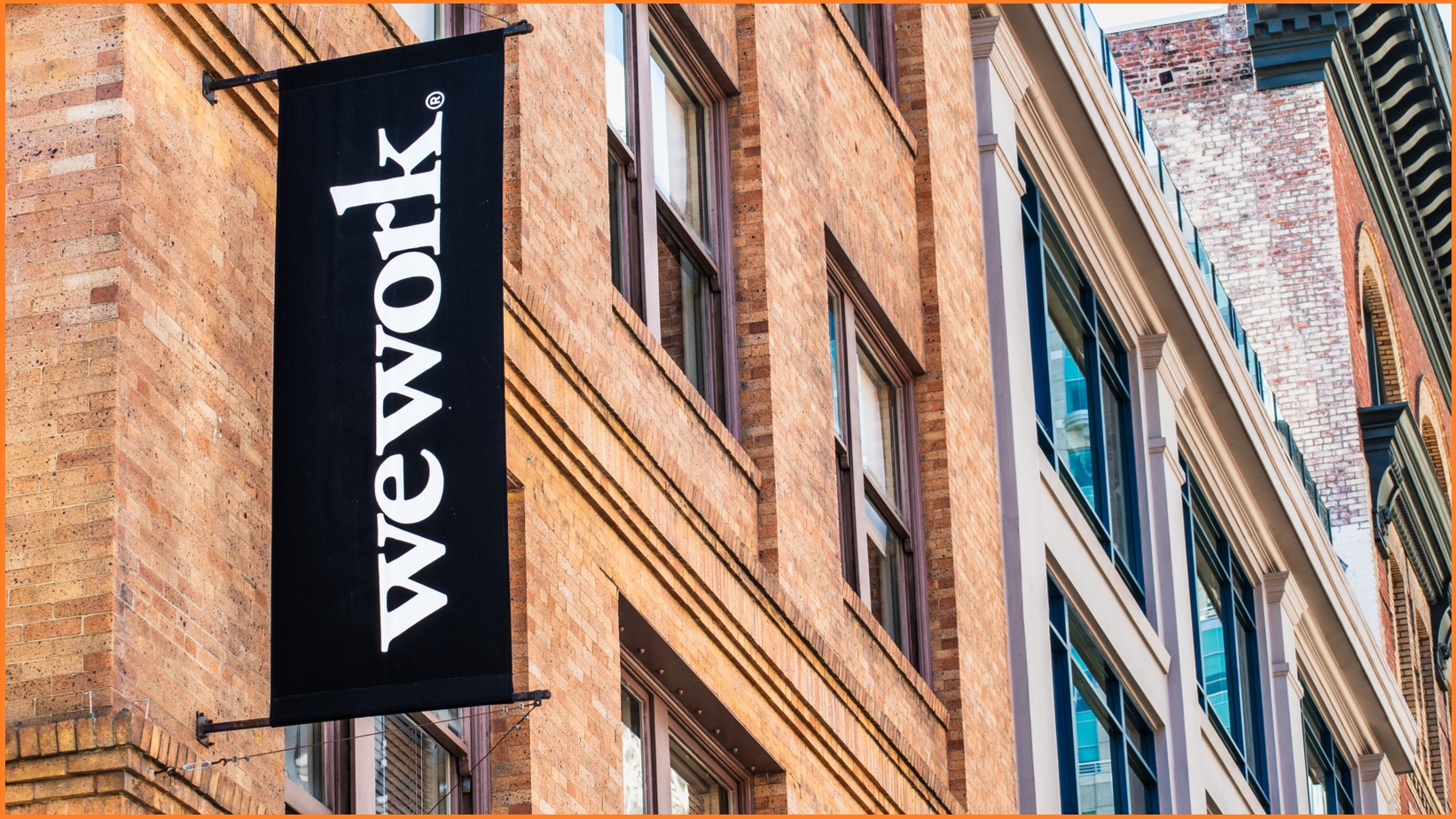WeWork is set to receive a $7.3 billion ($US5 billion) rescue package after the tech co-working space giant’s recent failed IPO attempt.
The company is reportedly on the verge of running out of cash after the public offering efforts crashed and burned, leading to the resignation of the company’s boss and figurehead Adam Neumann.
The rescue package comes as the company prepares to lay off at least 2,000 of its team members around the world.
WeWork – which rents buildings around the world long-term, fits them out as tech co-working spaces, then leases out rooms in the short-term – had been relying on raking in at least $5.9b ($US4b) from the public listing, along with an $8.8b ($US6) billion loan that was contingent on the successful IPO. The company is now reportedly set to run out of cash as early as mid-November.
But as Bloomberg reports, the company’s biggest backer, Japanese VC giant Softbank, is likely to offer WeWork a giant rescue package reliant on the belief that the fortunes of the struggling start-up can be turned around.
Softbank is currently in discussions with WeWork for a $7.3b ($US5) billion package, which would involve debt and equity funding, according to Bloomberg.
Softbank already owns about a third of WeWork, but the new deal still wouldn’t give it majority voting rights, but might involve non-voting preferred stock.
WeWork is also said to be in discussions with JP Morgan for a similar debt-based rescue package, and will soon pick between these options, or opt for a combination of both.
It is also on the verge of laying off 2,000 staff, amounting to 13 per cent of its total workforce of 15,000 people around the world.
“The atmosphere is toxic,” one WeWork employee told The Guardian. “A lot of people worked so hard for this company. We thought we were in on something really big.”
In the lead up to filing its IPO, WeWork was America’s highest valued private company at $68.8b ($US47b), and had 527,000 tenants in locations around the world.
But financial metrics revealed in the IPO drew the ire of investors, along with concerns surrounding the company’s corporate governance and culture.
These concerns led to the company’s valuation being slashed, its CEO being ousted and the IPO eventually being pulled for the year.
In just the last year, WeWork lost $2.3b ($US1.6b) and had $3.7b ($US2.5b) in cash as of 30 June 2019.
The company had losses of $4.4b $(US3b) over the last three years, with spending of $1.9 ($US1.3b) in 2018.
The filing also revealed a series of bizarre dealings between Neumann and his own company, including the founder renting out his own buildings to WeWork, securing loans from the company, and paying himself for naming rights when its parent company was named The We Company.
Neumann eventually stepped down after admitting scrutiny around his role had been a “significant distraction” and that it was in the “best interests” of the company for him to step aside.
Neumann has stayed on as a non-executive chairman of WeWork but no longer has a majority vote.
WeWork launched in 2010 out of a single office in New York, and now has more than 500 locations in 29 countries, including Australia.










